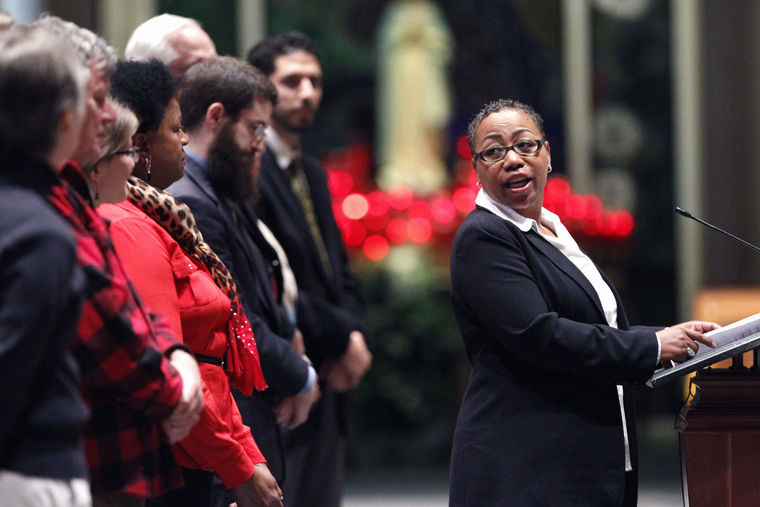Report from Robert Johnson to IMPACT 9th Annual Assembly, 10/27/14
Region Ten has been moving forward with our plan to increase our child psychiatry hours availability to 40 per week. Our strategies have been to increase our overall child psychiatry hours through tele-psychiatry contracts and to hire a part-time child psychiatrist.
We have been able to increase our available hours in Greene County through tele-psychiatry by four hours. We also have a pending contract to get three additional hours in Fluvanna. Once the contract is signed we will purchase the equipment and move forward to assure that more youth in Fluvanna have access to psychiatric medication management in our Palmyra office. We approximate that 100 additional kids will be able to be served annually with the additional Fluvanna and Greene telepsychiatry hours. We hope to have our child psychiatry services in Fluvanna begin by the first of next year.
We are also planning to replace our current twelve hour per week contract with UVA psychiatry with a part-time child psychiatrist that works about 30 hours per week. We are currently exploring a partnership with a neighboring Community Services Board to see if we could share a full-time doctor which we believe will be easier to recruit and hire. Our hope is to have a new doctor on board by the summer of 2015.
Child psychiatry remains a gap in our community with a current wait time of one to six weeks at Region Ten. This is a service gap that is not just local but statewide and we appreciate your support in addressing this need for our local children and families.


